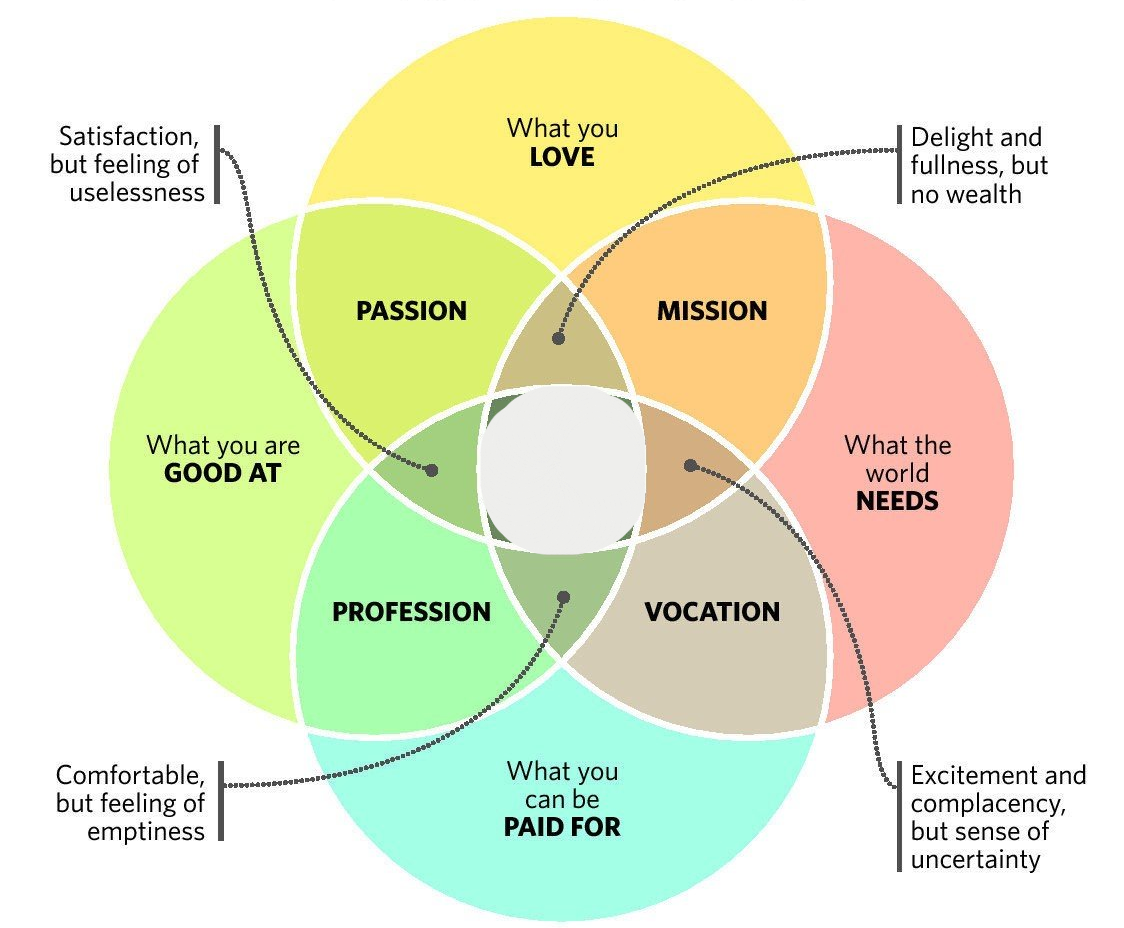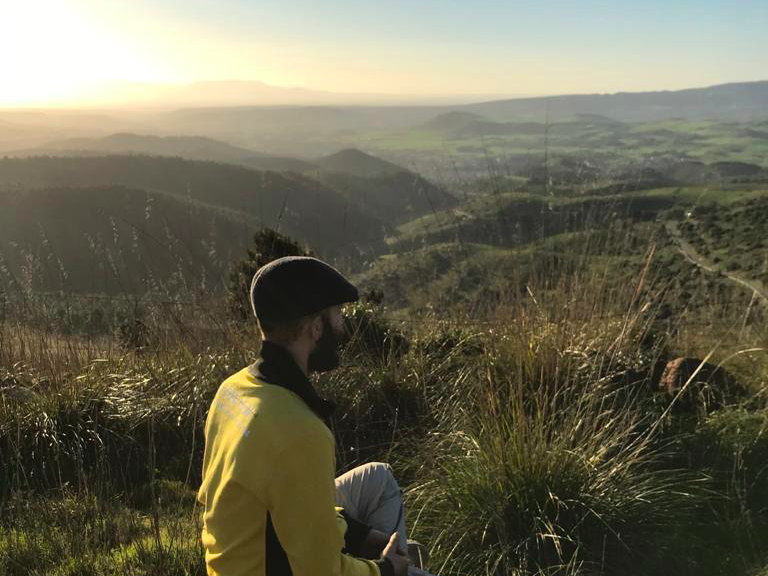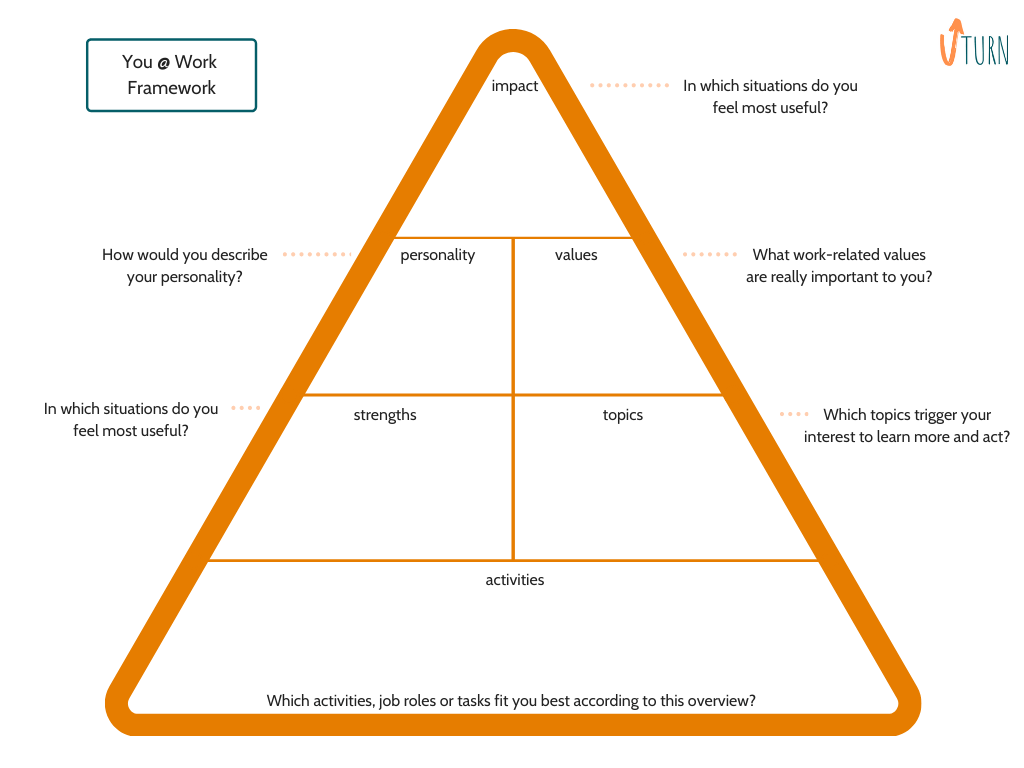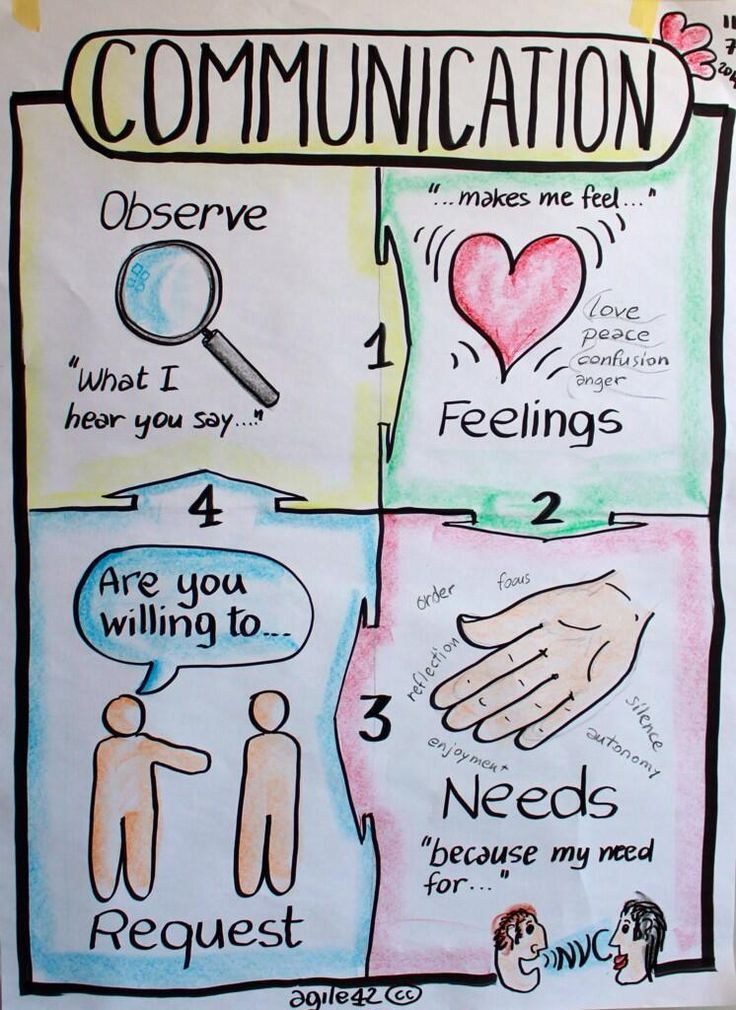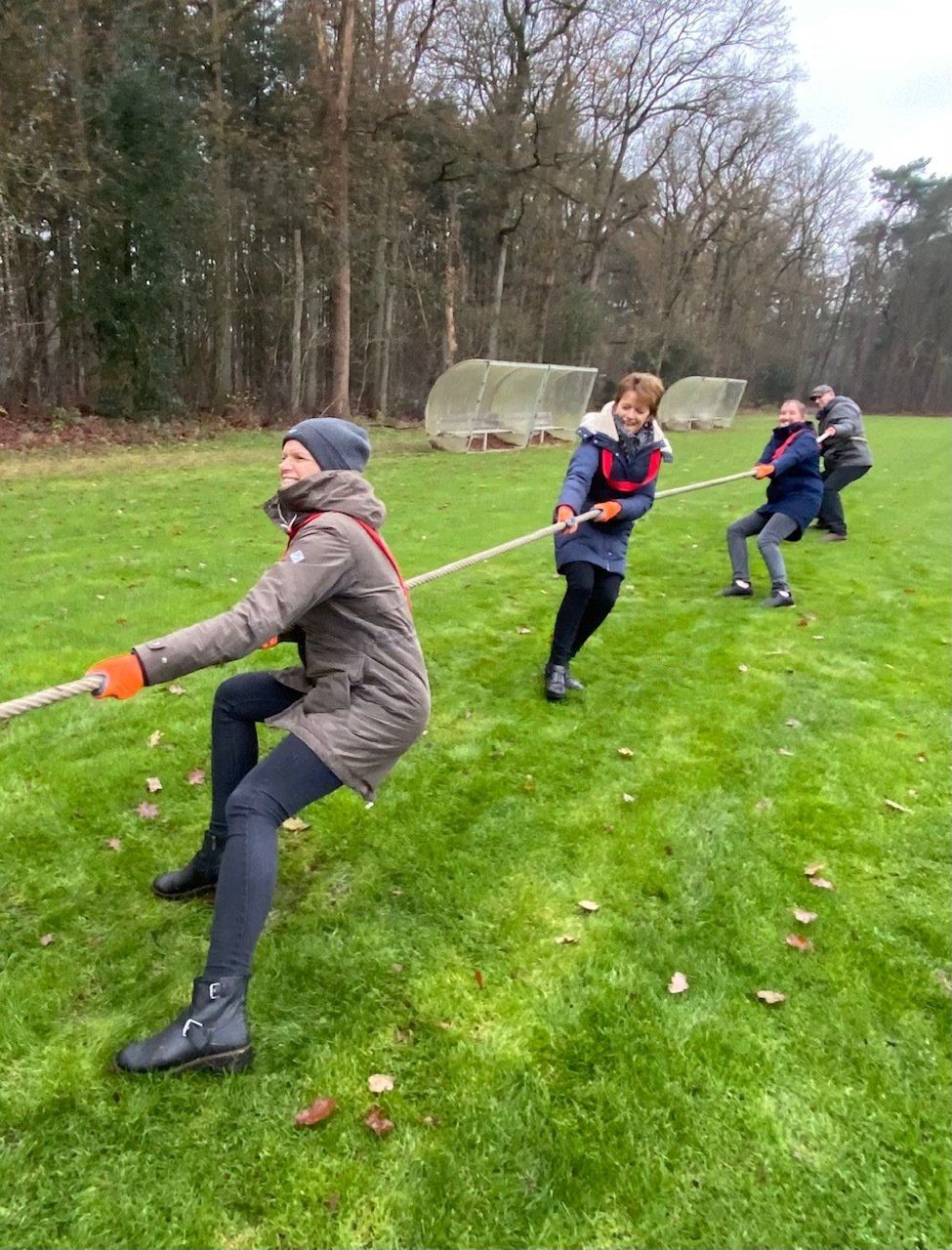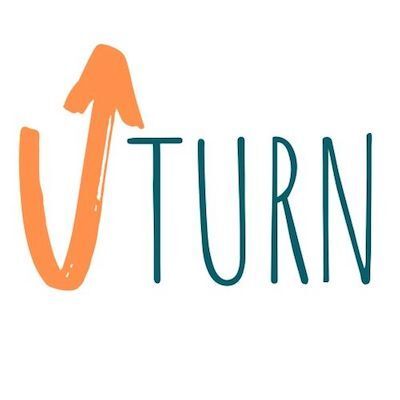a lifestyle of purpose
You don't want to do any job, you want something meaningful. A daily occupation that fits with who you are and what the world needs.
Here's how you can grow that kind of life.
Ikigai is a Japanese philosofy or lifestyle in which we assume life has significance. It has existed in communities in Japan where people show a certain devotion to their life's work, what they get up for in the morning.
Read more about the 5 pillars of Ikigai by Ken Mogi .
First of all you need to let go of the idea that purpose is something you discover or find.
An objective that you need to create or realise. It isn't. Rather see purpose as a river we are all floating on, and we all have different levels of awareness of that river, different currents and directions. Some of us have adapted their rafts and canoes to suit their course on the river, others are floating around in a puddle near the bank of the river. It is all part of our journey.
PURPOSE VENN DIAGRAM
PRACTICALLY: WHAT TO DO FIRST
1) draw 4 circles on a paper, like in the graph above
2) in the upper circle you write all the things you love doing
3) in the left circle you write all the things you are good at doing
4) in the lower circle you write down all the things you have been paid for in the past
5) in the right circle you write down all the things where you have answered a need in the world
What to do next
- Take at least one hour to do the above.
- Review what you wrote down 3 days later. Add the things that are missing, perhaps what you haven't considered yet:
- things you would love to try out, that you haven't done yet
- things you think you might be able to become good at with some practice and study
- things you could do and people might want to pay for
- things that are needed in the world where you could or would want to contribute
- Then ask 3 people what they would say about you for each of the 4 circles.
- In the end, check if you can discover a pattern. A link in between the circles. That's where the magic lies. That's where you can start...
purpose has often been labelled as one's passion. but there is more to it.
Perhaps you have noticed that the last circle about 'What the world needs' is more difficult to fill in. Even if you have already developed yourself in the past or are more experienced in the field of purpose.
Let me explain why.
Obviously these organisations will stimulate less the part of searching 'what the world needs' and 'what you could get paid for'. I have seen that search more commonly taking place among entrepreneurs, especially social entrepreneurs.
So why isn't it in our daily system to think about what the world needs?
"instead of thinking i have rights, i choose to think that i am born with obligations to serve past, present and future generations, and the planet herself."
- Stan Rushworth, Cherokee elder
COLONIAL INHERITANCE & INDIVIDUALISATION
The reason it is hard to answer the part of 'What the world needs', is also linked to our (colonial) inheritance in the west and the individualistic development in society. It has grown into your system to think about yourself, your lost sense of direction, your desire to be of purpose, of use. But purpose is connected to a bigger whole than just to what you do or don't do in life.
There is an indigenous saying explaining that it isn't about having rights in life but obligations for all generations and the earth. Having rights is a settler's mindset, a colonial inheritance where we assume we can take what is out there for ourselves. Whereas having obligation is an indigenous mindset aimed to serve the need that exists around them, for their people and for the land.
That same sense of obligation you see in people that live by Ikigai in Japan, and other people's that live a life in close connection to nature, their lands and their community of people.
your purpose is not about you. it's about your surrounding with you in it.
CLOSING QUESTION
So when you have filled in the Ikigai graph and start making choices, imagine you and your full surrounding: how can you be of service to all?
"Since the beginning, Native Peoples lived a life of being in harmony with all that surrounds us. It is a belief that all humankind are related to each other. Each has a purpose, spirit and sacredness. It is an understanding with the Great Spirit or Creator that we will follow these ways. And in this understanding we believe we are related to all other living species..."
-- Dennis Banks, Native American activist, teacher and author.

